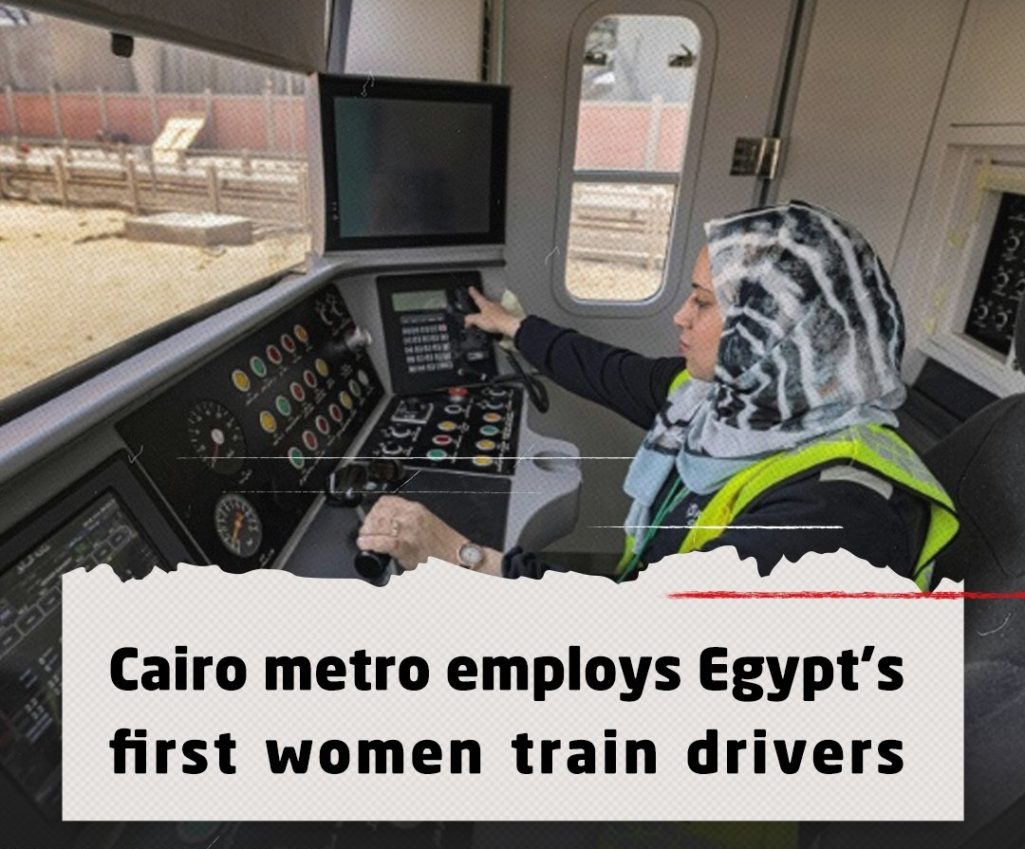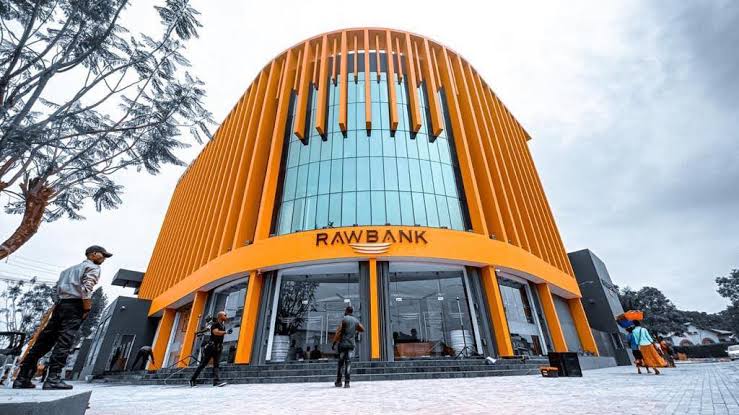Cairo Metro Makes History In New Wave Of Employment

Gender inequality, particularly in the labor force, is rife in many African countries. In Egypt, women mostly work in the informal sector. A 2019 World Bank report shows that only 21.3 percent of women were employed in the formal sector.
Cairo Metro set a new record by employing its first female train drivers. This is an entirely new experience in the North African nation for the successful female employees and their passengers.

Cairo Metro is a swift transport system serving the Greater Cairo region. Upon its launch in 1987, it became Africa’s first full-fledged metro system. Cairo Metro is also the oldest of its kind in the Arab world. However, it has been falling behind in gender parity compared to other similar stations across the Arab world.
ALSO READ: Fanfare And Parade As Egypt Reopens Ancient Avenue Of Sphinxes. Social Media Reacts
Cairo Metro presents a new experience for commuters
Cairo Metro is planning to expand to serve over 20 million people which necessitated the expansion of its workforce too. Starting from April 2022, commuters using Cairo Metro’s newest lines have been driven by women.
Two women, 32 years old Suzan Mohamed and 30 years old Hind Omar, have become the first women in the country to drive Cairo Metro trains. The reception from commuters has been mixed. The women said while some commuters raised eyebrows, others showed outright disapproval.
For the female drivers, the path has been a tough one. Mohamed recounted that many of the women that applied were afraid at the beginning. However, as the day went by, “more people were encouraged”. Speaking on her experience as one of the first female Cairo Metro drivers, she said,
“It is a mixed feeling for me. I am torn between joy and responsibility each time I commute with thousands of passengers. It excites me but also scares me at the same time.”
On her part, Omar who is also a mother of two said she was excited to apply and become the first female in the country to drive a train. Eventually, she was accepted into the training program run by a partnership between Egypt’s National Authority for Tunnels and RATP-Dev.
ALSO READ: Flourish Africa Rain Cash On Female Entrepreneurs At 5th Anniversary
For those who may be afraid of seeing a woman in the driving seat, Omar reminded them that every candidate was put under pressure. Scaling through the tests required emotional stability and stamina. Omar is also grateful to her family and husband for their support.
“My parents were surprised but encouraged me. Also, my husband welcomed the idea and gave me his support. The idea is really strange but everyone around me was supportive.”
The planned expansion of Cairo Metro lines
Cairo Metro is planning to add three new lines to its services. Also, it is planning to unveil Egypt’s first monorail system. The planned expansion and the acceptance of women as train drivers opens a world of opportunities for Egyptian women.
Surprisingly, Mohamed and Omar are not the first female train drivers in Africa and the Arab world. In 1999, Saida Abad became the first African and Arab woman to drive a train—regardless of the fact that the Cairo Metro was the first of its kind in Africa.
This further highlight how much behind Egypt falls on the subject of gender inequality. As Wilson Center put it, “Egyptian women represent an unexploited resource that could change the outlook of the Egyptian economy if their potential is realized.”
Stereotypes don’t change overnight. However, it is up to the government to fast-track that change by enacting favorable policies. A good starting point is ensuring the proper education of Egyptian girls. Egyptian girls, particularly those in the rural areas have fewer educational opportunities compared to boys.
In 2017, it was found that Egyptian women had a lower literacy rate at 34.5% compared to men at 23.5%. Surprisingly, the women that get educational opportunities usually perform better than men in school. Egyptian government can leverage digital tools to increase female literacy in the country.







Responses